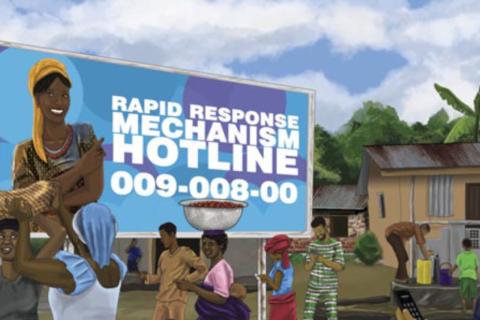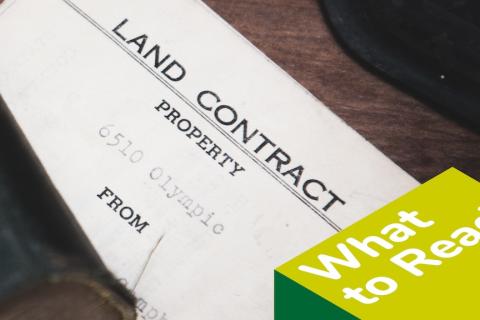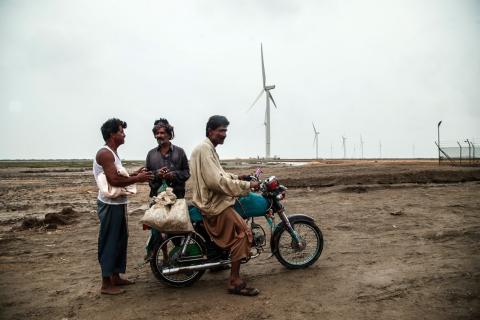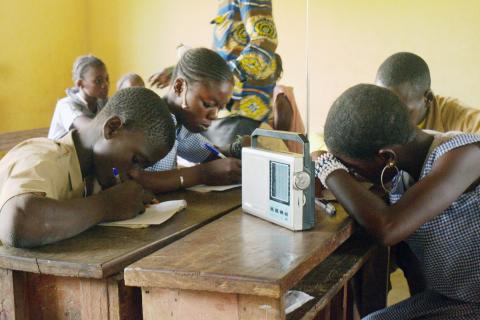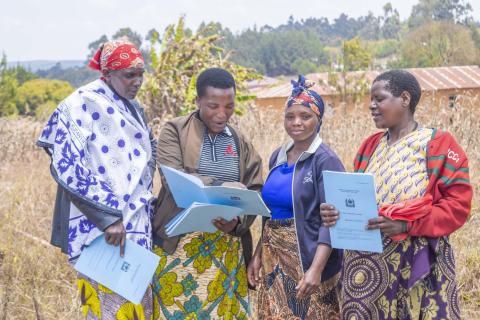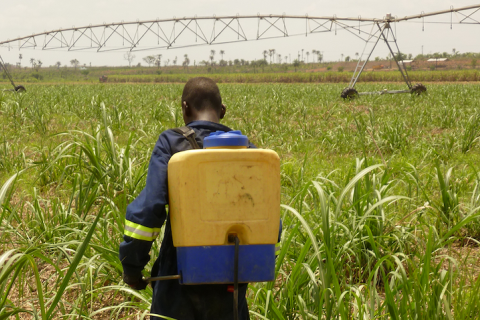Rapid response mechanisms: proactive legal support for communities
Rapid response mechanisms (RRMs) are a new, proactive legal approach designed to provide legal and technical support to communities facing nascent conflicts related to land-based investments. RRMs provide preventative rather than reactive legal help the moment a conflict arises or community members’ rights are threatened, rather than trying to reverse rights violations once they have already occurred.

